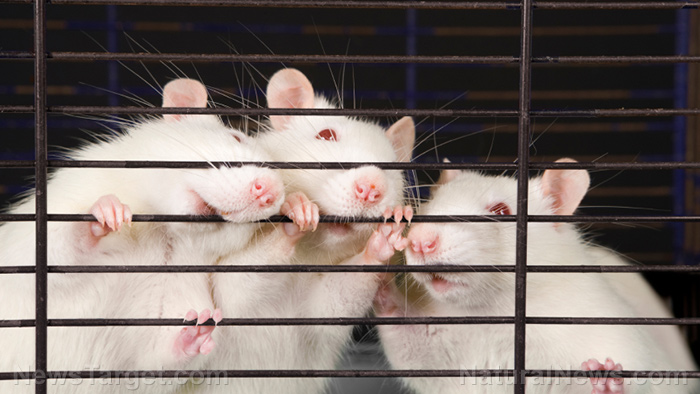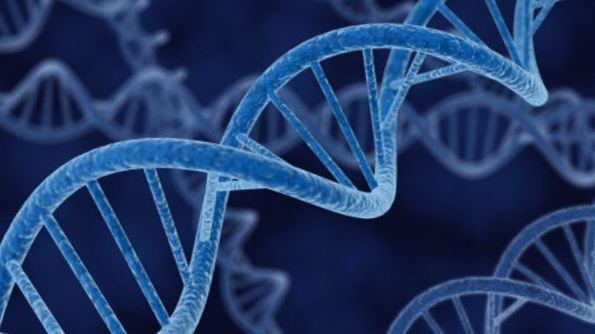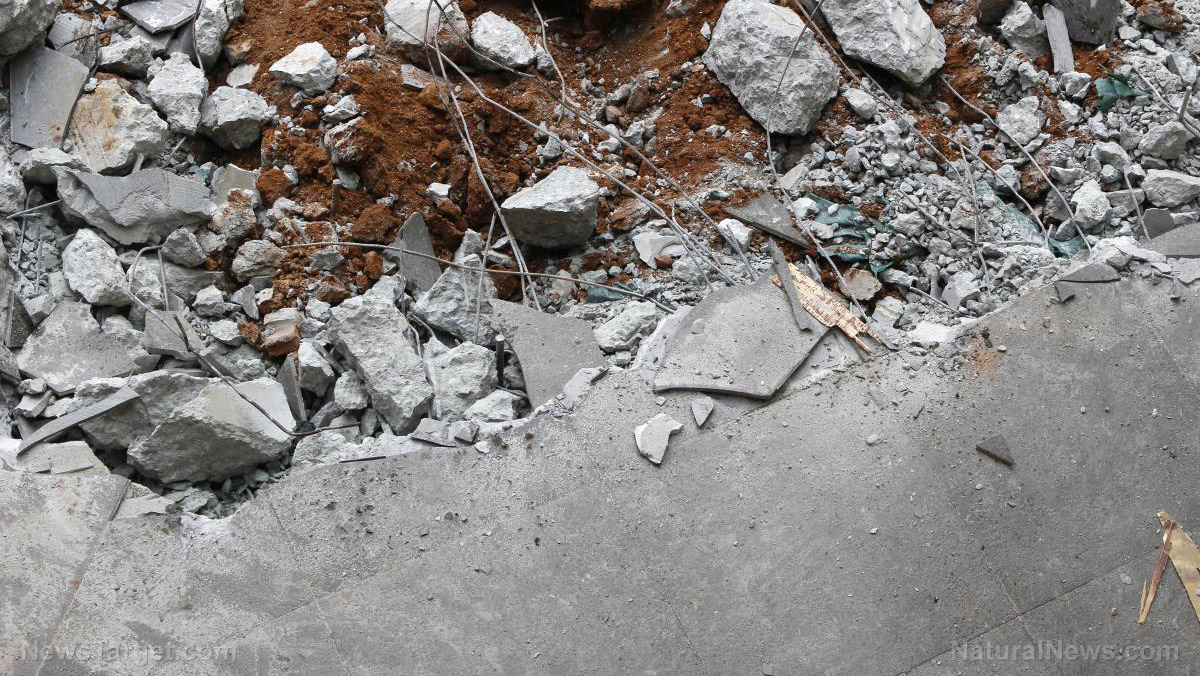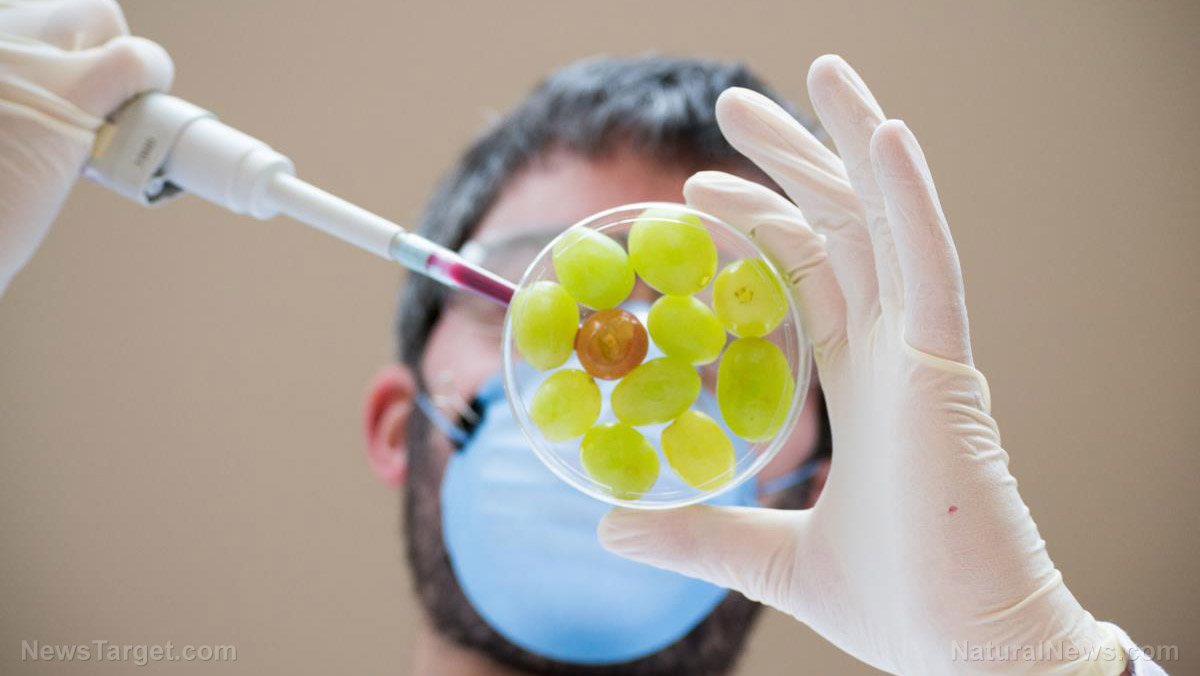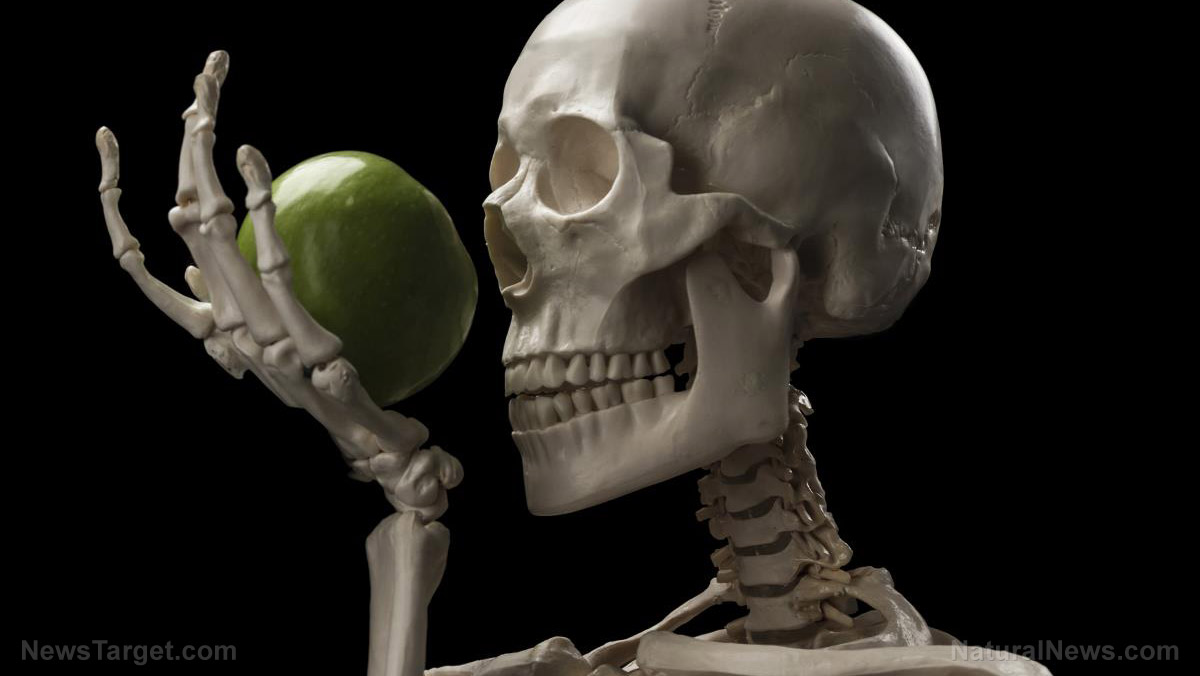Body snatchers: Bodies donated to research don’t always reach the lab, according to new investigation
10/28/2017 / By Janine Acero

New investigation has revealed that bodies donated for medical purposes don’t always make their way to the right facilities – many end up in warehouses to be incinerated or dismembered using course-cutting instruments like a chainsaw.
According to a report by the DailyMail, thousands of Americans donate their bodies to “biomedical advancement” hoping to help scientists discover new lifesaving cures, but recent investigation found that the bodies don’t always go to the laboratories. It has been revealed that many of these cadavers were being acquired by companies known as “body brokers” which are not regulated by any government agency, meaning they can do anything they want with the bodies. These companies dissect the corpses and sell them for profit to medical researchers, training organizations, and other buyers.
Body brokers usually target low-income families struggling with traditional funeral expenses – appealing to their vulnerability and offering them free cremation in exchange for the body. One such company is the Southern Nevada Donor Services.
In 2015, authorities received complaints from the neighboring tenants of Southern Nevada about a mysterious stench emanating from the facility and bloody boxes in dumpsters. The investigation led the authorities to a suburban warehouse owned by Southern Nevada where they saw a man in medical scrubs, thawing a frozen human torso using a garden hose. A state health report noted “bits of tissue and blood were washed into the gutters.” The severed torso was just one of the body parts being sold by the facility.
Body brokers are also known as non-transplant tissue banks – selling hearts, kidneys and tendons for transplant, which is illegal. Unlike the organ and tissue transplant industry, body brokers are not closely regulated by the U.S. government. No federal law governs the sale of body parts or intact cadavers for research or education purposes.
Few rules mean few consequences when bodies are mistreated. In the Southern Nevada case, officials found they could do little more than issue a minor pollution citation to one of the workers involved.
“The current state of affairs is a free-for-all,” said Angela McArthur, director of the body donation program at the University of Minnesota Medical School and former chairwoman of her state’s anatomical donation commission. “We are seeing similar problems to what we saw with grave-robbers centuries ago.”
“I don’t know if I can state this strongly enough,” McArthur said. “What they are doing is profiting from the sale of humans.”
These businesses appeal to the poor who can no longer afford traditional funerals after draining their savings on medical expenses. In exchange for donating a body, the families would be offered free cremation. (Related: High cost of burials forcing American families to donate their dead relatives to medical schools.)
“People who have financial means get the chance to have the moral, ethical and spiritual debates about which method to choose,” said Dawn Vander Kolk, an Illinois hospice social worker. “But if they don’t have money, they may end up with the option of last resort: body donation.”
Some people however, donate their bodies as a final request to their families. These are usually people with terminal illnesses who want to contribute to biomedical field research. Take Farrah Fasold’s father, Harold Dillard. He was diagnosed with terminal cancer and wanted to donate his body for research. Just before his death, Fasold recalled that the Albuquerque broker Bio Care came and made the perfect pitch – that Dillard’s selfless act of donating his own body would benefit medical students, doctors, and researchers.
However, Fasold didn’t receive the supposed cremated remains of her father until weeks longer than what was promised. Moreover, she immediately realized that they weren’t actual ashes, but sand. Following this incident, authorities contacted Fasold after they saw her father’s severed head among other body parts at a medical incinerator. What’s more, Fasold learned for the first time that Bio Care’s business was selling body parts.
“I was completely hysterical,” Fasold said. “We would never have signed up if they had ever said anything about selling body parts – no way. That’s not what my dad wanted at all.”
A police detective noted in an affidavit: “All of the bodies appeared to have been dismembered by a coarse cutting instrument, such as a chainsaw.”
Bio Care was charged with fraud but prosecutors later withdrew due to lack of proof of deception – no other state law regulated the handling of donated bodies or protected their families, and no criminal law stated that it was wrong.
Fasold was outraged by the motion: “They could have done something long ago, passed new laws,” she said of the body broker industry. “It’s just so shady and devious.”
Other body brokers partner with funeral homes to run their businesses. One such example is the non-profit organization United Tissue, whose bodies were mostly referred to by funeral homes. United Tissue distributed 17,956 body parts to clients during a five-year period, records show.
United Tissue Executive Director Alyssa Harrison said in an interview that while she always respects the dead, she has a duty to sustain the operation: “It is a product, a very precious product,’ she said. “I still have to make enough money to pay my employees and keep our doors open. Yes, it is human tissue, but there is still a market value.”
Read more about medical misinformation at Disinfo.news.
Sources include:
Tagged Under: biomedical research, body brokers, body donation, body parts, cadavers, corpses, dead bodies, organ donation, organ transplants, Southern Nevada Donor Services







